China’s economic growth at three-decade low
Beijing is expected to introduce new stimulus measures
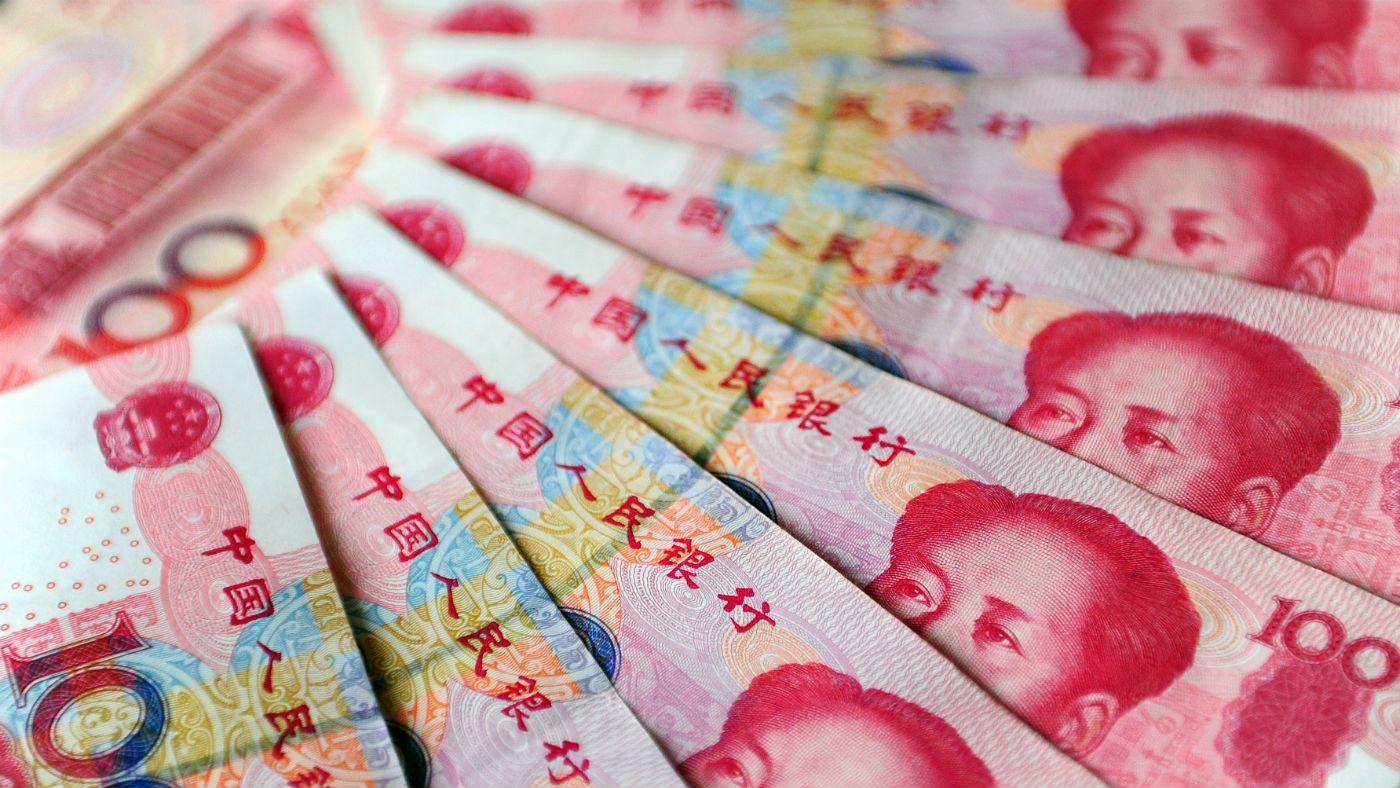
A free daily email with the biggest news stories of the day – and the best features from TheWeek.com
You are now subscribed
Your newsletter sign-up was successful
The impact of Beijing’s trade tensions with Washington has been laid bare as new figures showed that China’s economy grew last year at the slowest pace in almost three decades.
Official data show that the world’s second largest economy expanded by 6.1% in 2019 from the year before - the worst figure in 29 years.
Although Beijing has been introducing measures over the past two years in an attempt to boost growth, the BBC says the “country has faced weak domestic demand and the impact of the bitter trade war with the US”.
The Week
Escape your echo chamber. Get the facts behind the news, plus analysis from multiple perspectives.

Sign up for The Week's Free Newsletters
From our morning news briefing to a weekly Good News Newsletter, get the best of The Week delivered directly to your inbox.
From our morning news briefing to a weekly Good News Newsletter, get the best of The Week delivered directly to your inbox.
Marketwatch adds that: “Chinese exporters have been battered by President Donald Trump’s tariff hikes in a fight over Beijing’s technology ambitions and trade surplus”.
Reuters says Chinese policymakers have been “rolling out a stream of growth boosting measures over the past two years, while trying to contain financial and debt risks”.
Although Beijing is now widely anticipated to roll out further stimulus policies, the government is not expected to panic because it had targeted a range of 6% to 6.5% growth for 2019.
Also, as CNN points out, officials went into Friday’s announcement, “with one big issue behind them: Beijing this week signed a ‘phase one’ trade deal with the United States”.
A free daily email with the biggest news stories of the day – and the best features from TheWeek.com
However, Louis Kuijs, from Oxford Economics Hong Kong, predicts choppier waters ahead. “We still think China is in for slowdown later on, it’s in the midst of a structural slowdown. We have stabilisation 2020, but after 2020 we do think there will be more structural slowdown.”
Among the options Beijing is set to introduce is a cut to its one-year loan prime rate, the new benchmark lending rate, by a total of 25 basis points this year.
Asian stocks edged up after the GDP data was released, adding to moderate early gains. The yuan also steadied.
–––––––––––––––––––––––––––––––For a round-up of the most important business stories and tips for the week’s best shares - try The Week magazine. Start your trial subscription today –––––––––––––––––––––––––––––––
-
 5 blacked out cartoons about the Epstein file redactions
5 blacked out cartoons about the Epstein file redactionsCartoons Artists take on hidden identities, a censored presidential seal, and more
-
 How Democrats are turning DOJ lemons into partisan lemonade
How Democrats are turning DOJ lemons into partisan lemonadeTODAY’S BIG QUESTION As the Trump administration continues to try — and fail — at indicting its political enemies, Democratic lawmakers have begun seizing the moment for themselves
-
 ICE’s new targets post-Minnesota retreat
ICE’s new targets post-Minnesota retreatIn the Spotlight Several cities are reportedly on ICE’s list for immigration crackdowns
-
 What a rising gold price says about the global economy
What a rising gold price says about the global economyThe Explainer Institutions, central banks and speculators drive record surge amid ‘loss of trust’ in bond markets and US dollar
-
 Is Trump's tariffs plan working?
Is Trump's tariffs plan working?Today's Big Question Trump has touted 'victories', but inflation is the 'elephant in the room'
-
 Trump is trying to jump-start US manufacturing. Is it worth it?
Trump is trying to jump-start US manufacturing. Is it worth it?Today's Big Question The jobs are good. The workers may not be there.
-
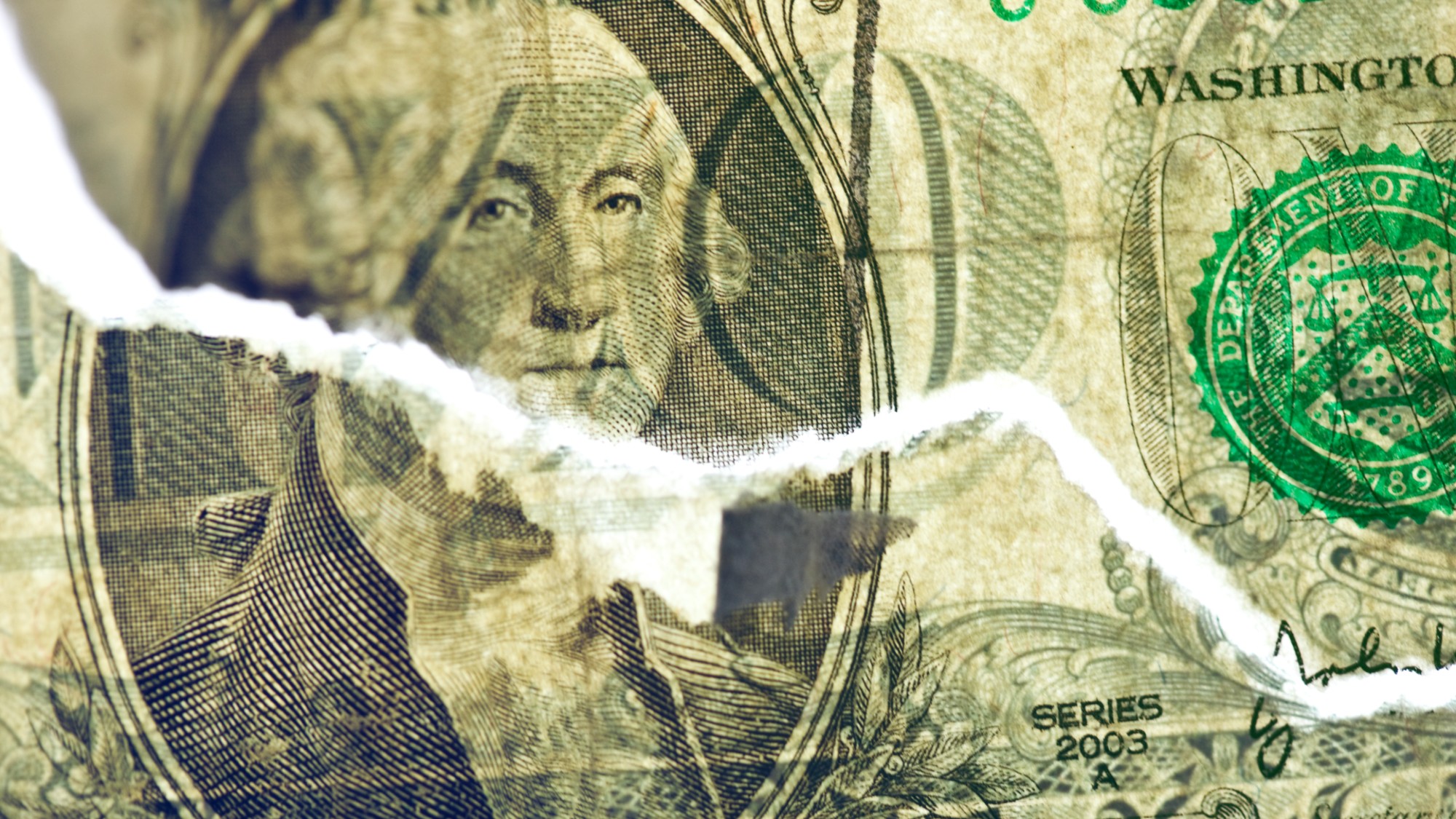 What is the dollar's future after Moody's downgrade?
What is the dollar's future after Moody's downgrade?Today's Big Question Trump trade wars and growing debt have investors looking elsewhere
-
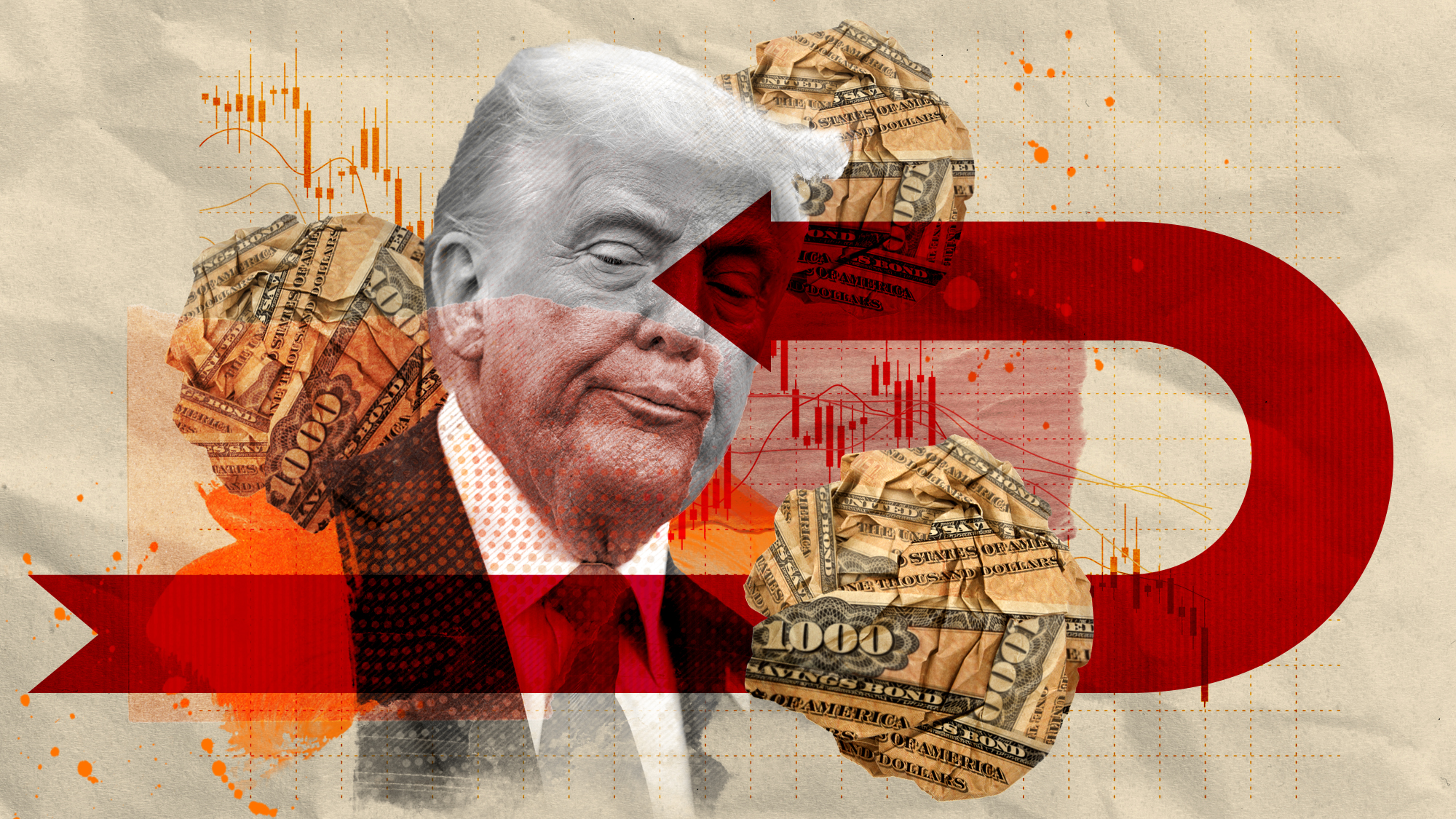 How the US bond market works – and why it matters
How the US bond market works – and why it mattersThe Explainer Donald Trump was forced to U-turn on tariffs after being 'spooked' by rise in Treasury yields
-
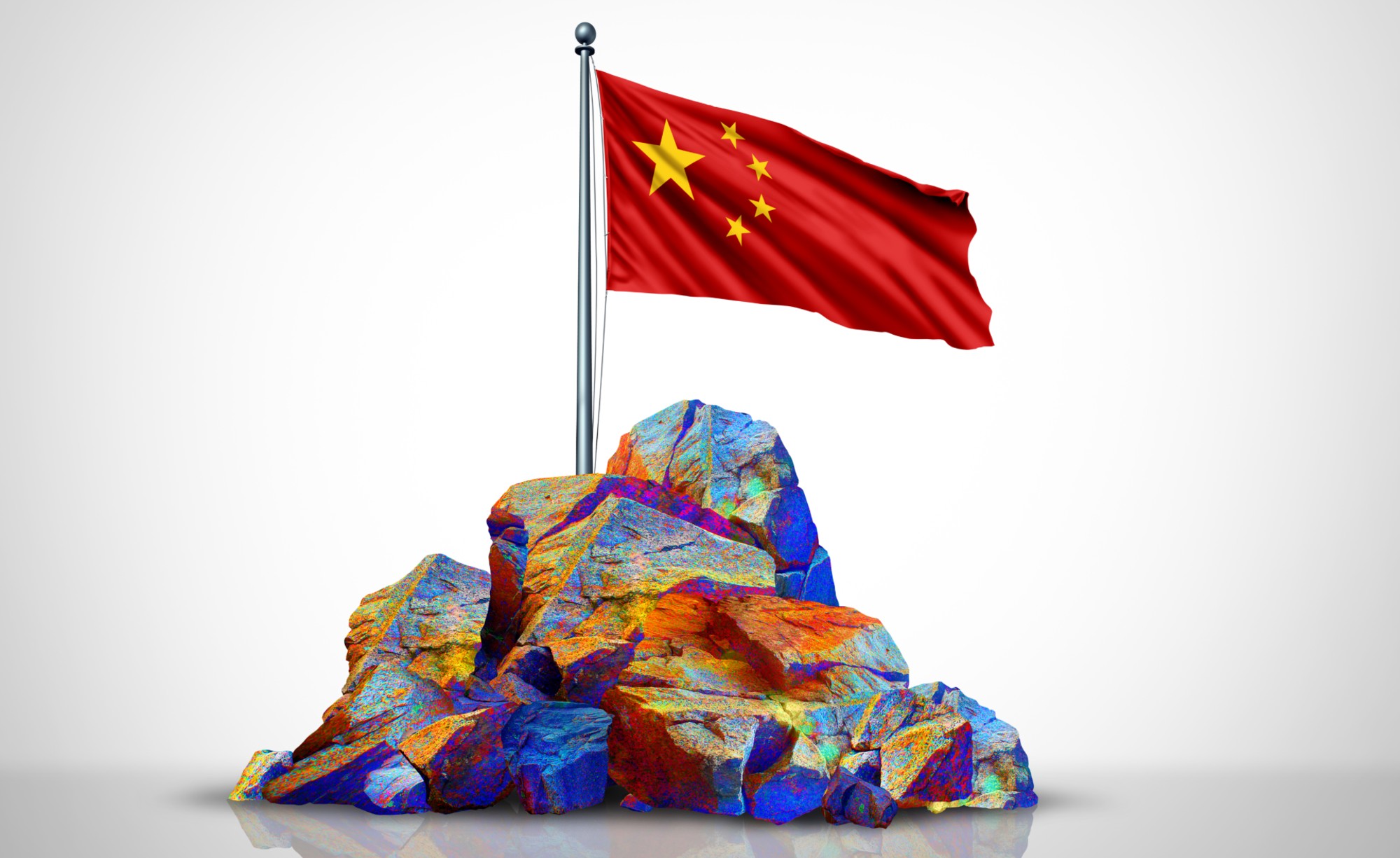 Why does the US need China's rare earth metals?
Why does the US need China's rare earth metals?Today's Big Question Beijing has a 'near monopoly' on tech's raw materials
-
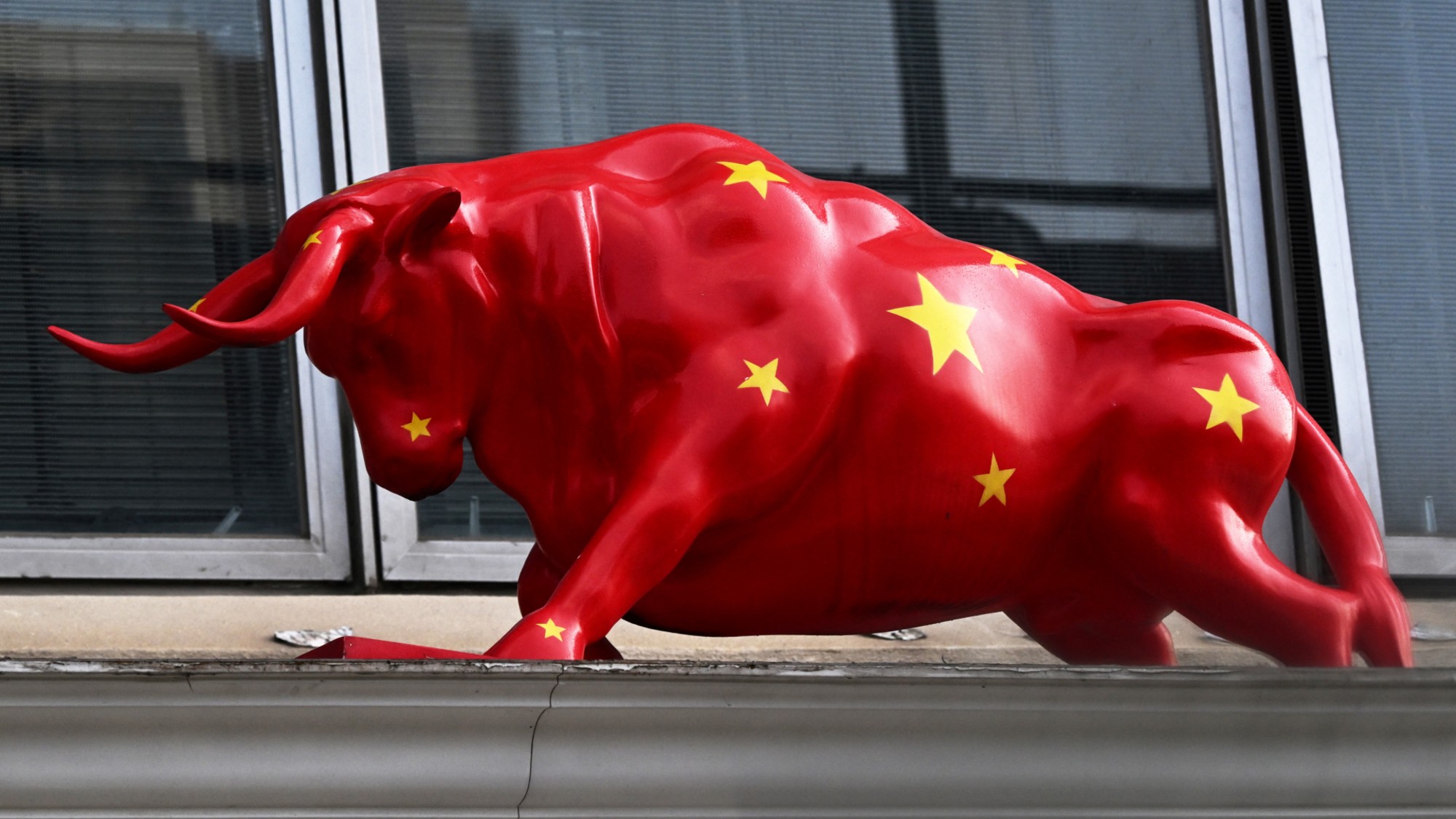 Who would win in a China-US trade war?
Who would win in a China-US trade war?Today's Big Question Tariff pain will be higher for China but Beijing is betting it can weather the storm
-
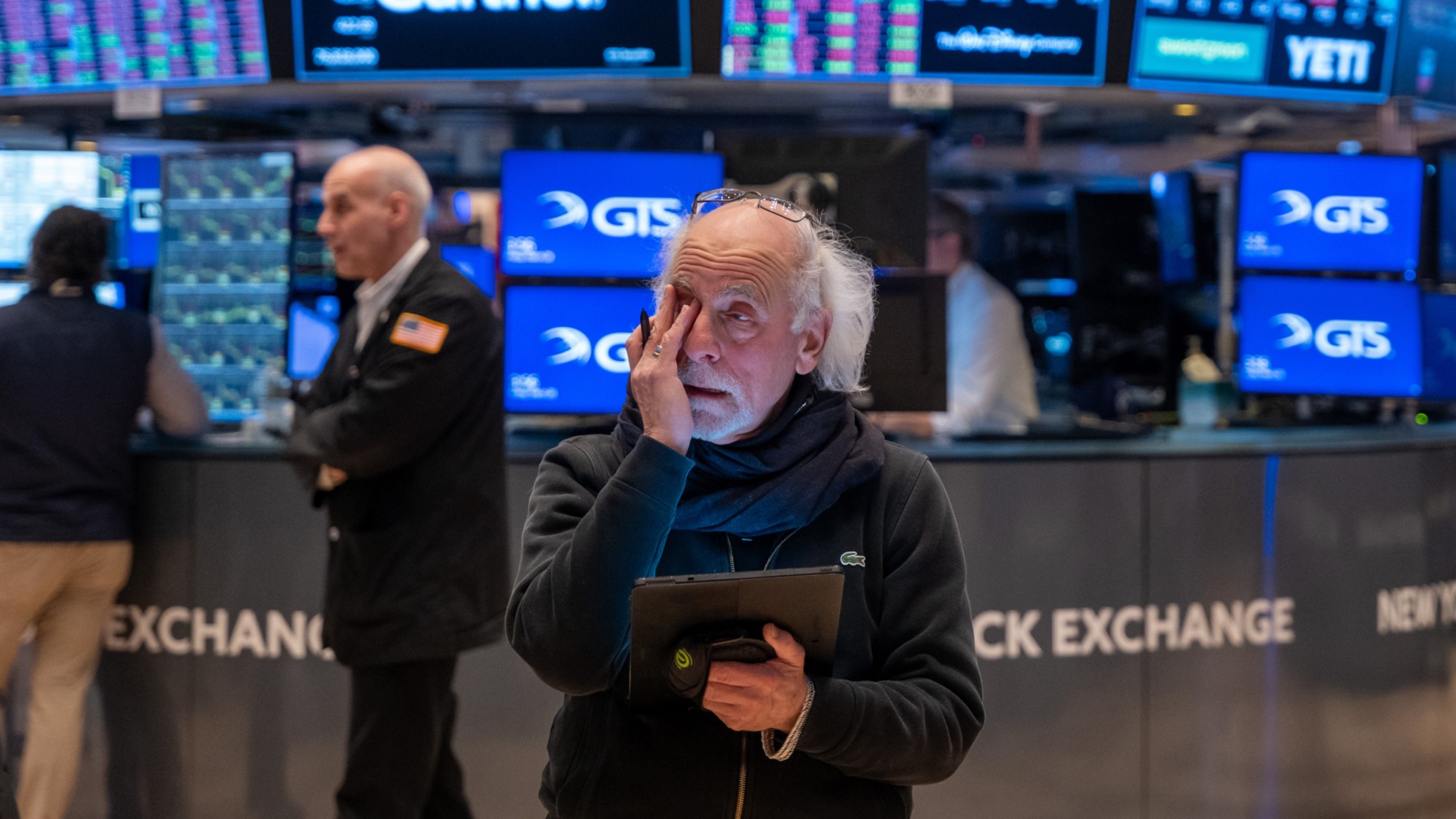 Are free trade zones and alliances the answer to Trump's tariffs?
Are free trade zones and alliances the answer to Trump's tariffs?Today's Big Question Temptation is to retaliate with trade barriers, but most agree nations should focus on targeted trade pacts and strengthening cooperation